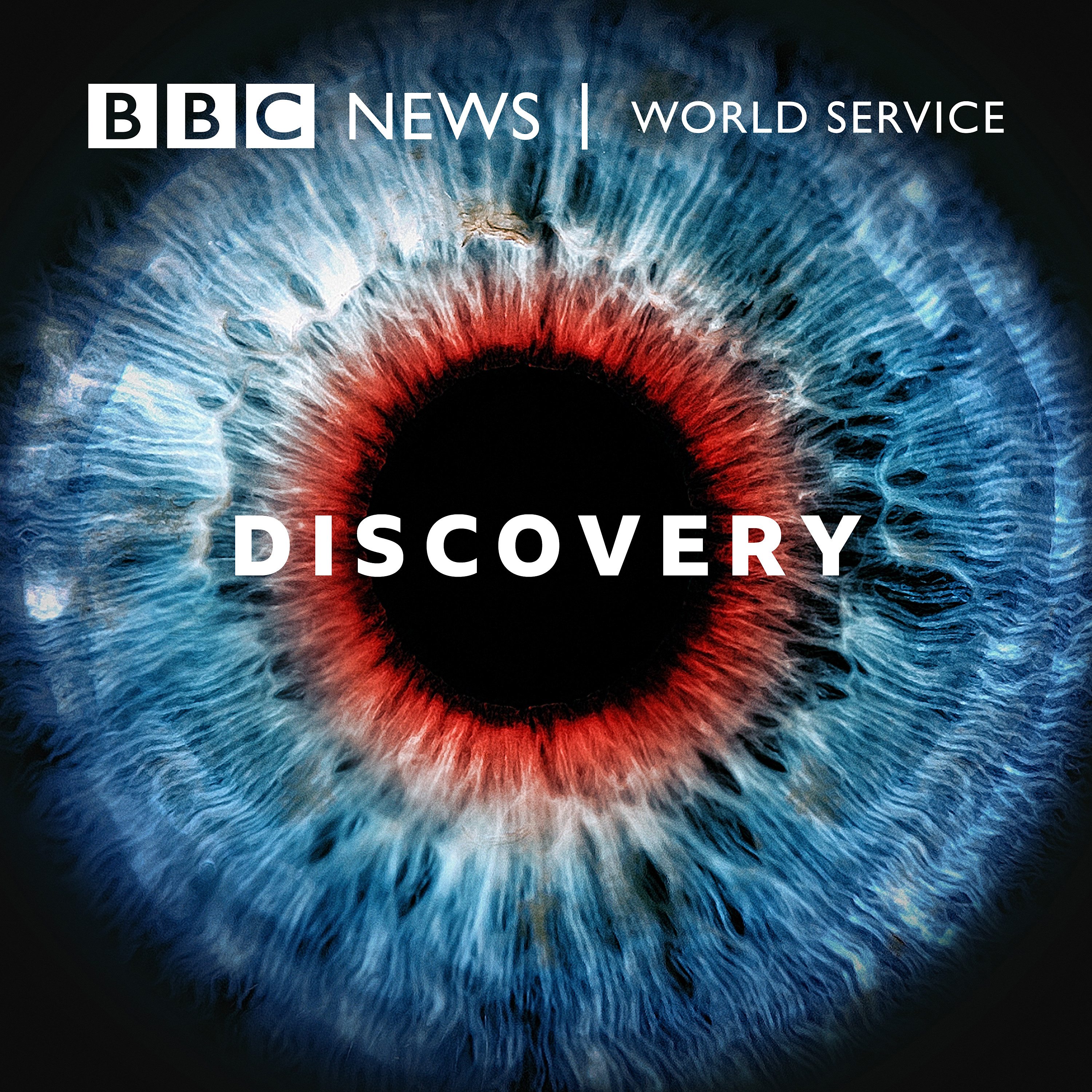
Discovery
Apr 26, 2021
"How many hamsters on wheels would it take to power London?" asks Judah from Virginia in the USA. Rutherford & Fry return with engineering, ethics and economics to answer this electric query.
Smart grid engineer Lynne McDonald helps keep the lights on for 8.3 million homes and businesses across London at UK Power Networks. She explains how the kilowatt hours we see on our electricity bills relate to the thousands of gigawatt hours required when thinking about powering the whole of London. In theory, a hamster in a wheel might be able to produce about half a watt of power – enough to run a small LED light bulb.
Whilst the doctors argue the case on the resultant practicalities and ethics of even considering such a scenario – as, for example, the required cubic kilometre stack of hamster habitats would cover Canary Wharf – Royal Veterinary College researcher Zoe Davies points out some biological and anatomical home truths. As an expert in biomechanics currently investigating athletic performance in racehorses, she walks Adam through the impossibilities of using pretty much any animal, bird or insect as a source of power.
There may be one exception though: humans. Veteran lecturer of undergraduate chemistry for biologists and cycling enthusiast, Andrea Sella discusses whether human power might realistically work. We consider what this or other more realistic sources of renewable energy could mean for the future of our national grid.

